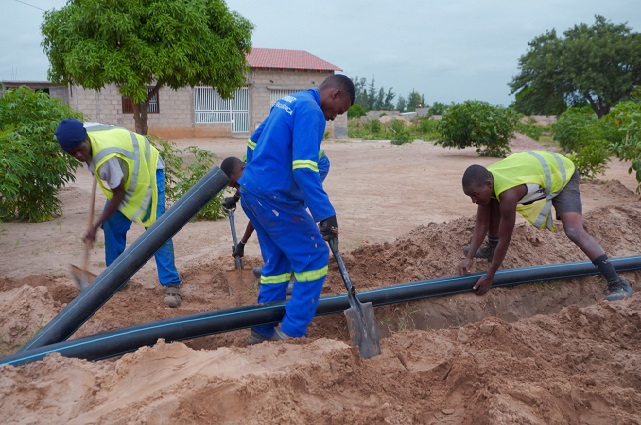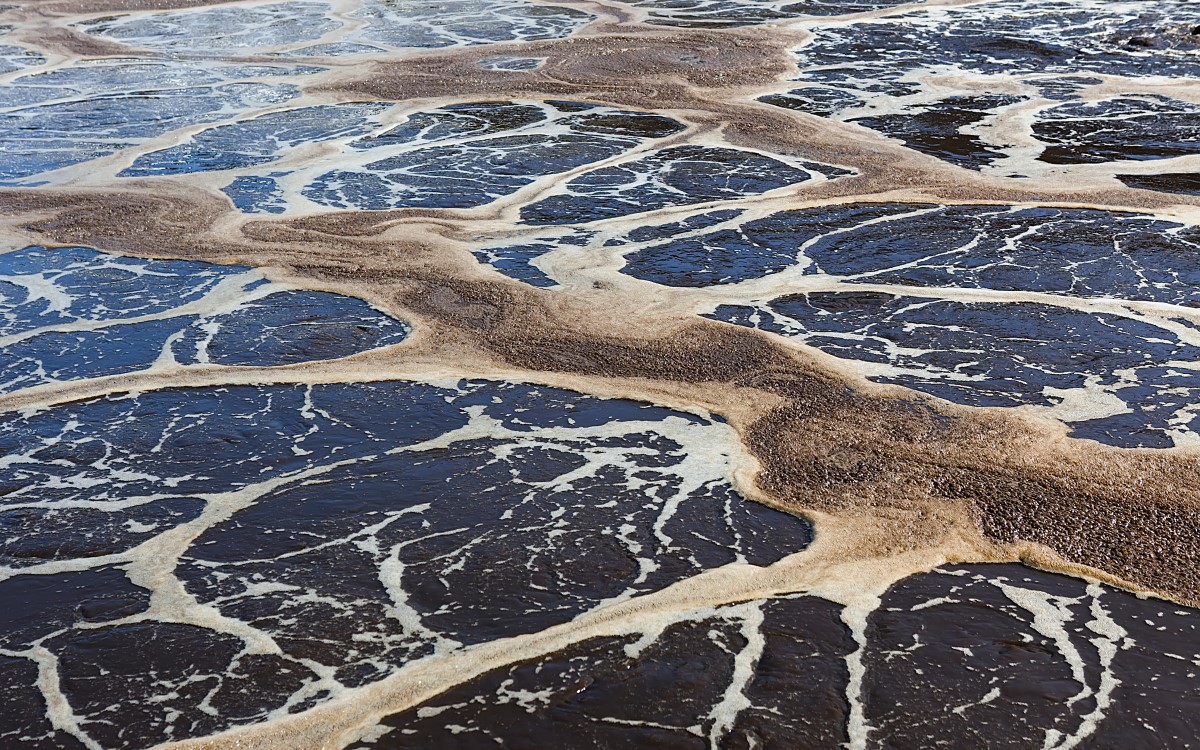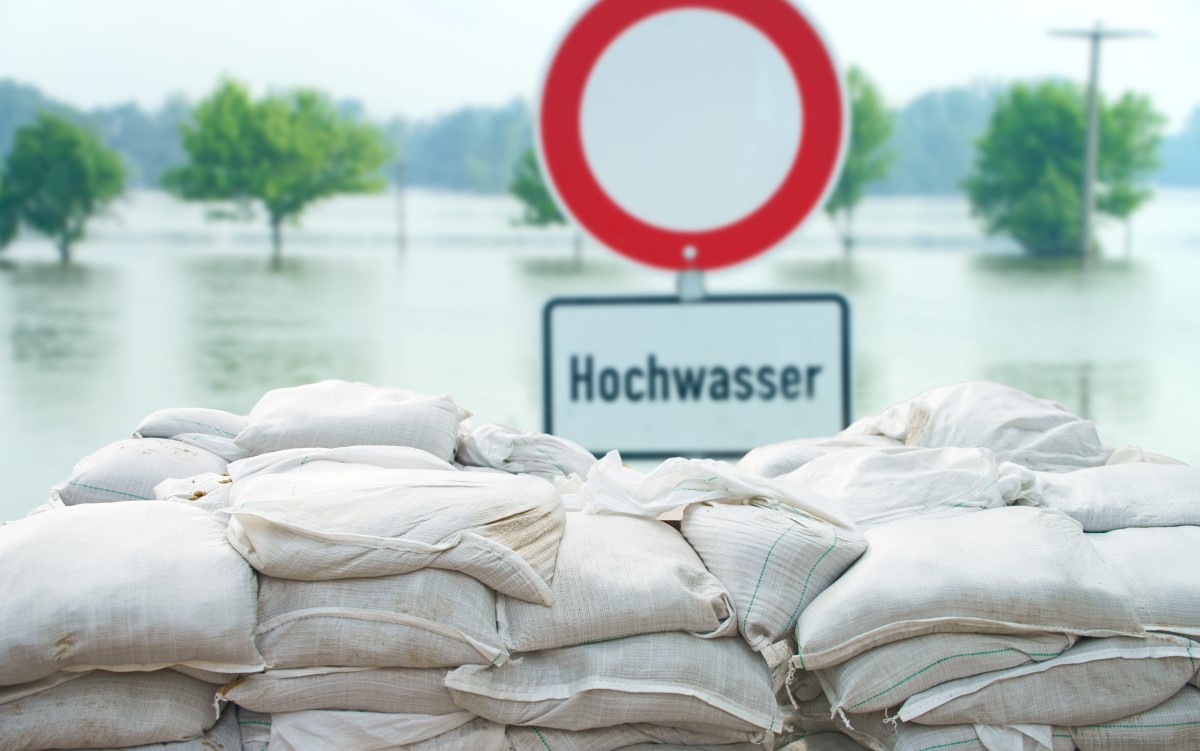The project was financed by Borealis, through Water for the World, and delivered in conjunction with a range of partner organizations. Key partners included FIPAG, Mozambique’s national water infrastructure owner; 16 small scale operators (SSOs), who run local water systems on FIPAG’s behalf and engage directly with the low-income consumers who receive the water supply services; and POLITEJO, which manufactured the HDPE pipes used to upgrade the network, employing Borealis’ PE100 material and Borouge, who supported the project by providing technical trainings.
The project took place in the Greater Maputo region of Mozambique, which incorporates the country’s two largest cities, Maputo and Matola. The works carried out included constructing water supply networks, repairing existing water tanks, training the SSOs’ staff to manage, operate and maintain pipeline systems, and supporting FIPAG so it could more effectively monitor the water quality the SSOs deliver.
In total, around 51,700 local residents now have a water supply that provides better-quality water, longer operating hours and reduced water losses. The system is also more resilient and requires less maintenance, helping to ensure improved services into the future.
Project to provide sustainable water supplies to over 50,000 people
Kategorie: Branche
Thema: Water Solutions
Autor: Jonas Völker
Das könnte Sie auch interessieren:
Passende Firmen zum Thema:
Publikationen
Sie möchten die gwf Wasser + Abwasser testen
Bestellen Sie Ihr kostenloses Probeheft
Überzeugen Sie sich selbst: Gerne senden wir Ihnen die gwf Wasser + Abwasser kostenlos und unverbindlich zur Probe!







